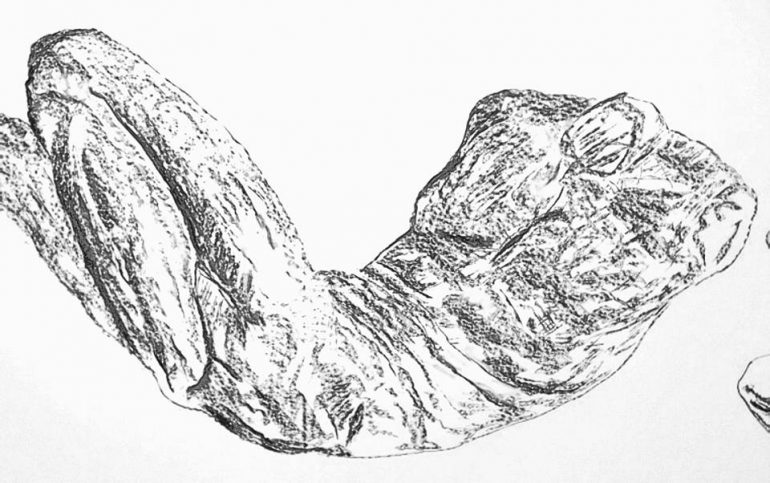Advertisement
Concepts in Contemporary Epistemology
Epistemology is the study or theory of knowledge. The nature of knowledge (whether and to what extent we can claim to possess any knowledge, and how we know that we know) has fascinated reflective people since the dawn of written culture — maybe longer, but we lack any records. Contemporary epistemology is built on a history of research spanning 3,000 years.
The current understanding of knowledge, and how we can answer the many dogged questions about it, is extremely sophisticated, especially in light of artificial intelligence, which prompts the obvious question: “Can an artificial intelligence ‘know things’ or ‘possess knowledge’? If so, what does that tell us about the nature of knowledge?” A full grasp of contemporary epistemology would require a few years of study, but here is a small sample of the basic concepts, used pretty much universally in the field.
Knowledge claim – Any claim or implication to the effect that someone knows something; any assertion that a particular statement or belief is true (or is truly known to be false).
Justification – A reasonable response to the question, “How do you know?” Justifications usually, but do not always, involve some kind of appeal to evidence.
Truth – A property of any statement or belief which satisfies certain conditions called ‘truth conditions.’ The term ‘false’ would apply to any statement or belief which fails to satisfy those conditions. The exact nature of truth conditions, and when they are satisfied, is an issue of long-standing controversy. For cursory purposes, we can assume that the truth conditions of a statement have been satisfied if and only if the world is as the statement asserts it to be.
Truth-bearer – The kind of thing that can be true or false. We do not say of a walnut that it is true or false (unless we have reason to believe it is a fake walnut, in which case “truth” is being used in a different sense, as a synonym for “genuine” or “authentic”). In Analytic Philosophy, those things regarded as truth-bearers are usually considered to be statements, as opposed to beliefs or thoughts or concepts or ideas, because it is easier to examine statements than it is to dissect any kind of mental entity. A statement is not the same as a sentence, because there are many kinds of sentences which cannot be true or false; for example, commands. A command like “Close the door!” can be obeyed or disobeyed, but it can be neither true nor false. Statements could be considered a sub-class of sentences, i.e., those sentences which are capable of being true or false.
Advertisement
Belief (or Doubt) – Any statement or proposition with respect to which one has adopted an attitude, known as a ‘propositional attitude’. A belief is a statement toward which one has adopted a positive, accepting propositional attitude; a doubt is a statement toward which one had adopted a negative, rejecting propositional attitude.
Internalism – The theory that the conditions under which a knowledge claim is justified are conditions which are internally, or subjectively, or intra-experientially, accessible to the knowing subject. I can know (and perhaps only I can know) when my knowledge claims are justified. Such a justification might involve, for example, my awareness of the amount of research I have done to justify my claim.
Externalism – The theory that the conditions under which a knowledge claim is justified are conditions which are not available to the knowledge-claiming subject without external mediation; for example, information to the effect that an individual’s vision and hearing are, in fact, operating optimally. (I probably did not see a horse in the kitchen if I am suffering from a partial retinal detachment, but I don’t know that I’ve suffered such a detachment; it will require an external expert to discover this fact.)
Virtue theory – A form of internalism (see above) according to which I know whether I’m justified in making a knowledge claim not only because I am aware of how much effort I have put into discovering, examining, and analyzing any alleged evidence for or against my knowledge claim, but also because I know that my efforts have been legitimate, ethical, and honest to the best of my abilities. I know only too well whether my investigation has been rigorous or lazy; if I have been lazy in my justificatory efforts, my knowledge-claim is not justified, although I alone may be aware that my knowledge claim is unjustified.
Reliablism – A form of externalism according to which I am justified in my knowledge claim if and only if all systems (cognitive, perceptual, communicative and technological) involved in my acquisition of the information that I claim to know are, in fact, in optimal working order. If all systems are “go,” so to speak, when I acquire an item of information, then I am justified in claiming to know that item. But I may not be able to confirm that all systems are in fact “go” without the intervention of an outside expert (for example, an optometrist or audiologist to check my sensory systems – or a lab tech if I happen to be a machine).
James Pearce
Advertisement





